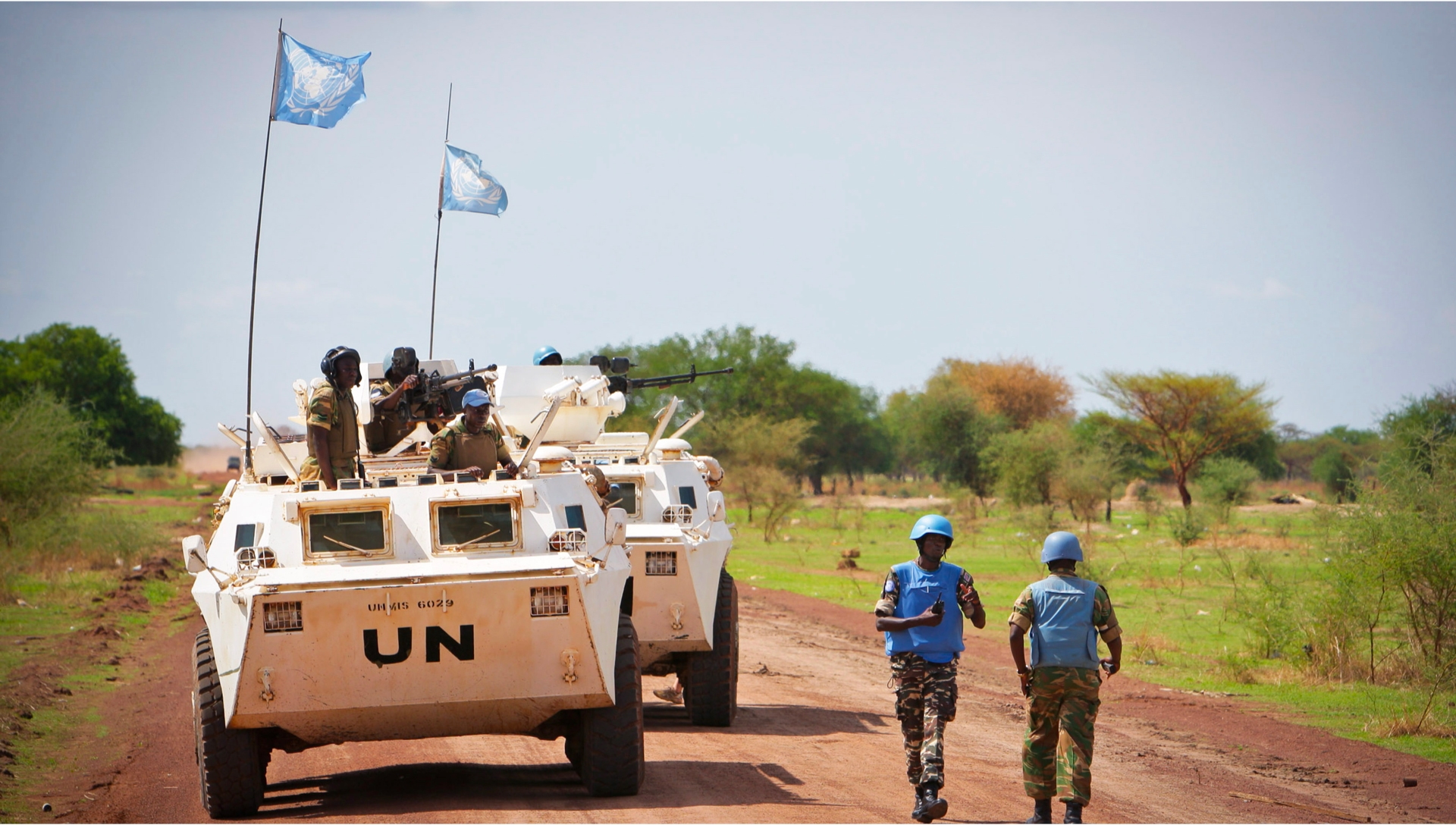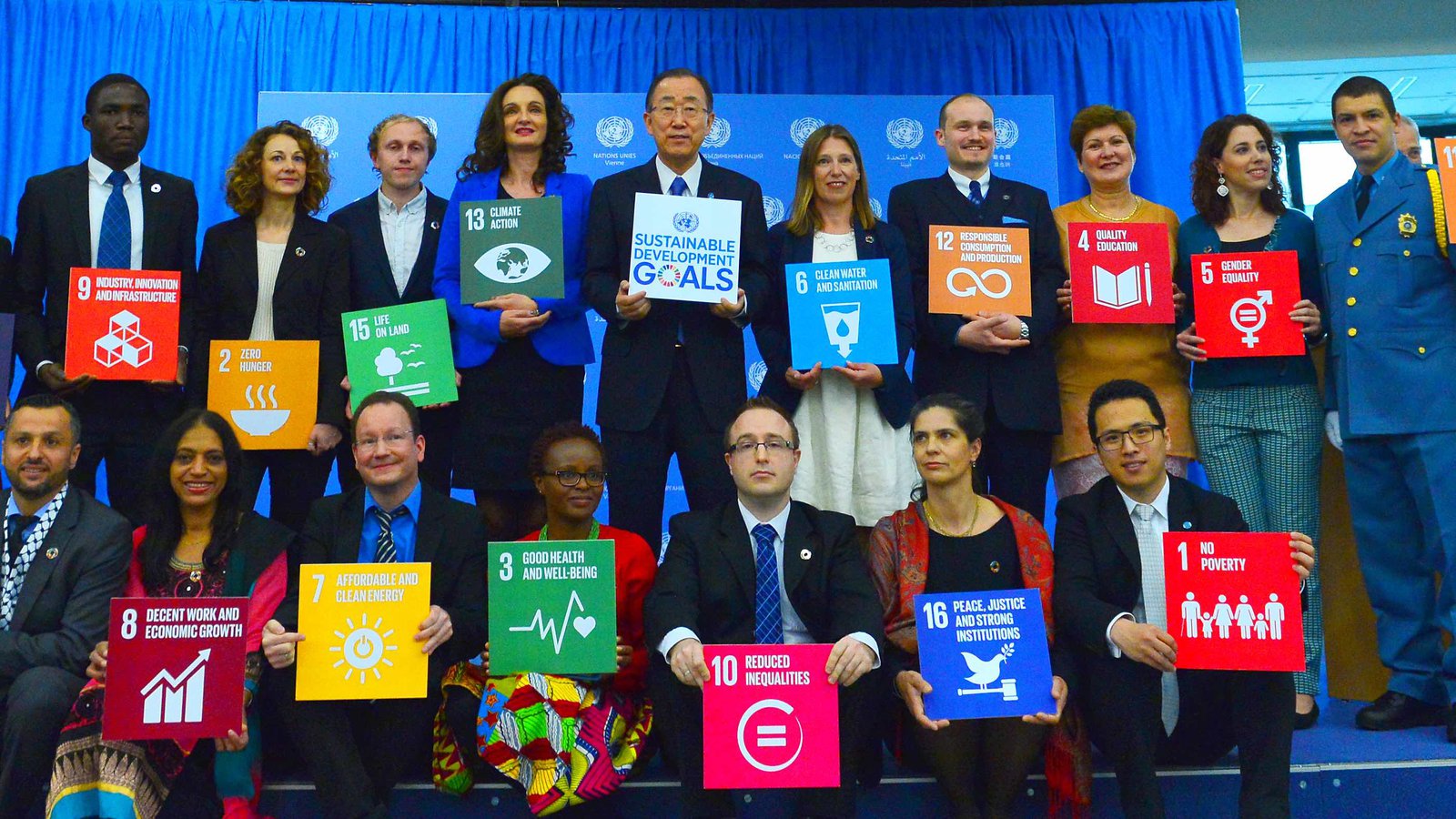Following the end of World War II in 1945, 51 countries — including the United States — came together to form the United Nations, an international organization tasked with maintaining international peace and security, promoting social progress, and supporting universal human rights.
The work of the United Nations reaches every corner of the globe. Although best known for its peacekeeping operations and humanitarian assistance, there are many other ways the UN and its system (specialized agencies, funds. and programs) make the world a better place. And while the organization has evolved over the years to keep pace with a rapidly changing world, one thing has stayed the same:
The United Nations remains the one place on Earth where all the world’s nations can gather together, discuss common problems, and find shared solutions that benefit all of humanity.








